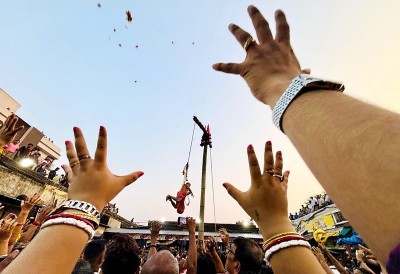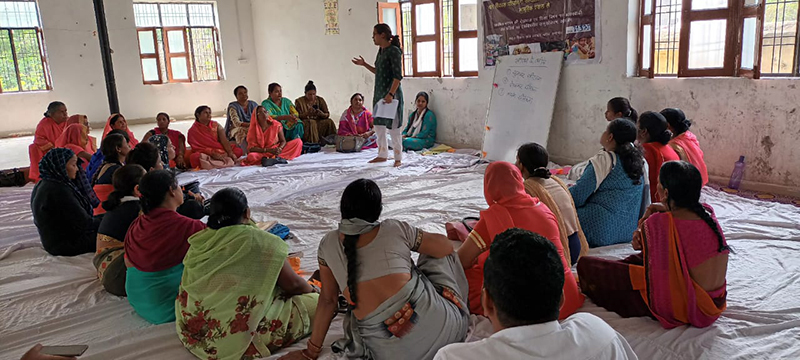 Children's Day
Children's Day
Going to school doesn’t always ensure learning: Chief Functionary, Prajayatna
On the occasion of Children’s Day on Nov 14, Bangalore-based non-profit Prajayatna’s Chief Functionary Mary Punnoose engages in a conversation with Debayani Bose on how grassroots organizations such as Prajayatna are enabling children’s access to quality education and ensuring children are not just going to school but also learning
Q. Prajayatna has been working for more than a decade in the field of education ensuring children’s access to quality education. How do you think the organization has evolved over the years?
A. Prajayatna started as a programme of MAYA (Movement for Alternatives and Youth Awareness), which had been working since 1989 on the issue of child labour. Having spent its initial years campaigning against the issue, direct interventions with children and communities were initiated in the urban slums and low-income areas in Bangalore’s urban and rural districts.
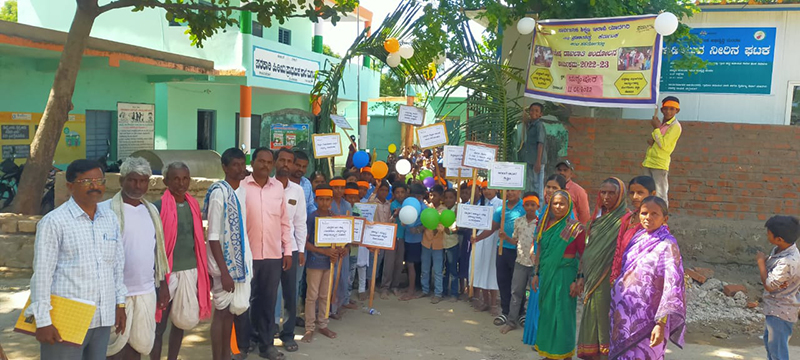
Prajayatna has been working for more than 15 years in bringing about a systemic change in the functioning of the education system and thereby ensuring quality education for all children. This has involved working intensively with communities including the teaching community. In this context, we have worked towards building the institutional capabilities of the structures such as the School Management Committees, and Anganwadi level Monitoring Committees and the local self-governments – the Gram Panchayats.
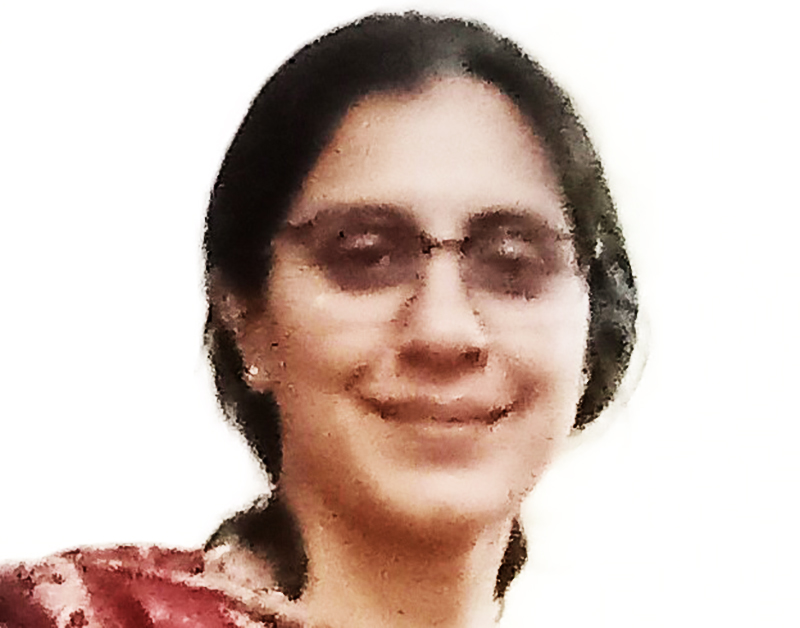
Q. ‘Learning’, has been variously understood by human society in various contexts. At a time when there is a mad rush towards securing marks in examinations, what is your take on learning and education?
A. Education is meant for the empowerment of individuals and for the community. It is meant to enable one to think and make decisions for oneself. But our education system does the opposite and kills whatever creativity that is there naturally in every child. It has now become a rat race where everyone is racing to get the highest marks and a certificate without thinking about the process of getting there which is the important part rather than the end result. It is in this process, that a child/learner develops the various skills and abilities that are required to be able to live in this fast-changing world and lead a quality life. A school is meant to help one at least discover one’s skills and then support in honing it but instead, we make everyone follow the same path. So, you have thousands/ lakhs writing CET for medicine/ engineering after Std 12 without any thought as to why? Education should be about building the skills and abilities in a child and not restricted to information alone.
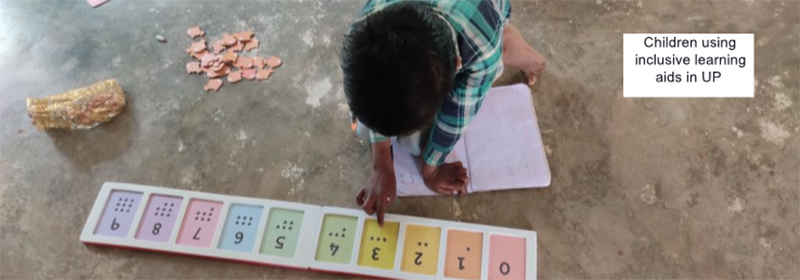
Kalikayatna, a Kannada word meaning 'a learning initiative,' stands for an overarching approach to learning. It supports and advocates any learning method and structure that works in meeting the learning outcomes of children based on two premises – that it should support children's learning styles to help them build on their innate capabilities and that it should support achieving capability-based learning outcomes as determined by all concerned stakeholders.
Kalikayatna was initiated to bring about a systemic change in the way learning happens and bring about a paradigm shift. We are presently working in Karnataka and Uttar Pradesh. There needs to be a systemic change in how parents and the community approach education.
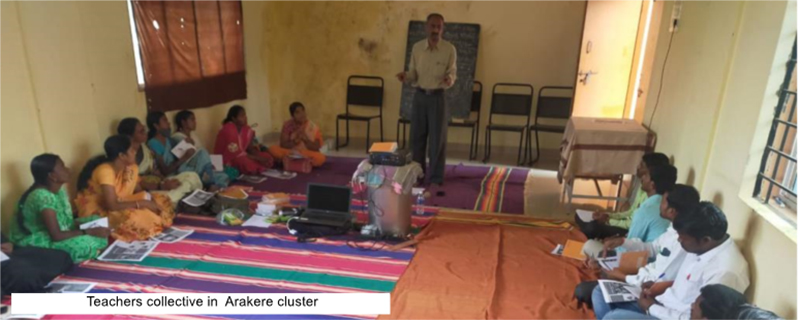
Q. Do you think there is a need to build the capabilities of the local communities to provide care for their children by utilizing the knowledge that is existent within them?
A.We as a country do not have a vision for education and this can be seen at every level. We send our children to those schools by following others rather than seeing what it is we want for our children and how our schools should be. We are very good at following what others do / say rather than thinking for ourselves and hence discard whatever knowledge is existing in our communities as well. Everyone including the community should have a vision for what they want for their children, their schools etc. It should also be realised that learning does not happen only within the four walls of the schools but rather everywhere and every time. So, the community has an equally important role to play in the education of their children. Community involvement is important to help develop a structured learning process both within a formal set-up such as a school and an informal set-up such as a home. For children, education happens at each step both in school and beyond. Evidence-based research has proved time and again that when parents and the community get involved in the education process actively along with other stakeholders, learning happens with ease. But in our country where community knowledge is also very synonymous with traditions and old practices, there needs to be ways of marrying the old with the new and utilize it for a better future for our children.
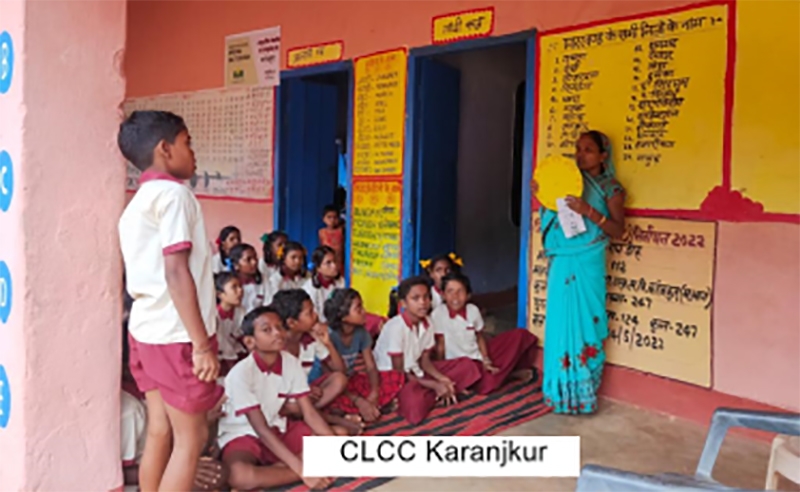
Q. Any message for the parents and teachers’ community on the occasion of Children’s Day?
A. Children are our future and education is the key to empowering children and communities. What we want for our society is what should determine the kind of education that we want for our children. If we want a society which is inclusive, equitable and every person is treated with respect and dignity, then that is the kind of school that we need to create. Timely education-based interventions, in collaboration with the government and the community, can only ensure that all children are in school and have access to quality education which ensures their overall development and growth. I take this opportunity to make an earnest appeal to each one of you to take up this work of building a better future for our children by creating an inclusive eco-system, where all children have equal access to quality education.
Support Our Journalism
We cannot do without you.. your contribution supports unbiased journalism
IBNS is not driven by any ism- not wokeism, not racism, not skewed secularism, not hyper right-wing or left liberal ideals, nor by any hardline religious beliefs or hyper nationalism. We want to serve you good old objective news, as they are. We do not judge or preach. We let people decide for themselves. We only try to present factual and well-sourced news.





